It’s no secret that the buying process for the construction industry is very different from selling to the consumer. Therefore, we need the expertise of a specialized marketing firm that understands how to market the construction industry. It is because the buyers in the construction industry are different from familiar buyers. So, developing a different marketing strategy for the construction industry becomes essential.
The difference between marketing to consumers and marketing to construction companies
Here are some key differences between the marketing strategies for consumers and construction buyers:
1: Construction buyer needs something unique.
The construction buyer, unlike other buyers, is looking for something unique and characteristic, something special that he needs for his work. They are looking for material with specific conditions, and ordinary marketing does not work for them because it is not enough to capture their interest.
2: Buying a project needs thorough research.
Buyers thoroughly research what they buy, whether they are companies acquiring elements necessary for their work or simple consumers who need something of the item. It is because in this area, a lot of money is involved, and a good purchase must be made; otherwise, it will not have been worth it.
3: Construction business means long-term relationships.
A purchase can be essential to developing a long-term relationship; if a company buys your product and is satisfied, you will be their first choice for future transactions. Buyers want to deal with someone they trust because they prefer to save time and money looking for someone else.
4: Convincing the individual dealing with you helps more.
The person who discovers you is not always the one you will do business with. Most of the time, it is an engineer, an architect, and a purchasing manager who searches for and selects the best options for suppliers and partners. Try to gain the confidence of this person. This way, the superior who will sign the contract will feel more at ease with the business.
5: Marketing means bringing leads to the table.
Before your sales team can close a sale to a new qualified lead, your marketing team has to bring that lead to the table. Consumer marketing is mainly focused on the back end of making direct sales. However, marketing to the construction industry is often more complex.
The goal of marketing to the construction industry is to gain awareness among your qualified audience, educate them, appear to be the best fit for them, keep them engaged and convert them from anonymous users to solid leads with names, phone numbers, and email addresses.
In short, marketing for the construction industry exists to feed the sales engine, where honest conversations begin with leads and eventually close sales. In addition to these apparent differences, planning a marketing strategy for this category is more meticulous.
But keep calm; your marketing team or a hired marketing agency will be in charge of giving you the precise recommendations. Before planning, we must know the construction industry’s buying process, which is divided into three stages, and our marketing team must be alert to convert the opportunity into a sale.
6: Sales Stage
The first stage is the research stage here, where the buyer starts searching for solutions that can help him. The marketing team must make it a priority that our company is discovered as soon as possible so that the probability of the buyer choosing us will be greater.
7: Evaluation Stage
The second stage consists of the evaluation; in this phase, the buyer already has a short list of the best options based on the search of the previous stage. What the buyer will do here is to evaluate each option and analyze each product and service of the selected companies.
The marketing team’s role should be to prepare the company for a sales conversation and to have previously optimized its platforms, as the platforms’ image, content, and quality will significantly influence the buyer’s decision.
8: Decision-making Stage
The third stage is the purchase, and at this stage, the buyer decides, at this step, there is nothing the marketing team can do to influence the buyer. If the buyer decides on another company, it is advisable to study its reasons. If the buyer chooses our company, the mission of closing the sale falls to the sales area.
9: Define Objectives
After having this information explicit, you must define the objectives of your campaign: income, qualified leads, new contacts, or web traffic. When you know what you are looking for, ask yourself the right question to have it even more precise, this is when you start designing the marketing plan that you will use, and here we will share with you some strategies you can apply.
Marketing Strategies to generate traffic
1: Keyword research and SEO optimization:
Use accurate data to find out what keywords your audience uses to find solutions. You also need to optimize all your website web pages to help your audience find you when searching you on Google or any other search engine.
2: Content marketing:
If you have been providing authentic information with excellent keyword adjustment, Google finds your pages informative for the audience and starts giving your pages top rankings. Educate your visitors and make your business meet their needs once they discover you.
3: Paid Search Engine Marketing (SEM):
Attract traffic to your website through paid search engine campaigns. For example, with Google AdWords pay-per-click ads and retargeting.
4: Social media postings:
Meet buyers as they gather information and search for solutions on online social networks such as LinkedIn.
5: Data is useless if you do not act.
Tools that help you collect and interpret data help us conclude whether our campaign failed, succeeded, or can be improved. Data collection and analysis should be used to demand accountability and lead to positive changes. If something didn’t work, why? What went wrong?
Can we correct our strategic approach, or do we need to revisit the strategy at another level? What about the things that are working? What did we do well? Where can we replicate those successful strategies?
An efficient marketing plan is constantly in flux. The most skilled marketers implement their strategy, collect data, interpret the results, and make changes constantly. The tools above are designed to help you do just that.
We hope you will apply this compilation of valuable marketing information to your construction company. We wish you much success from our agency.

